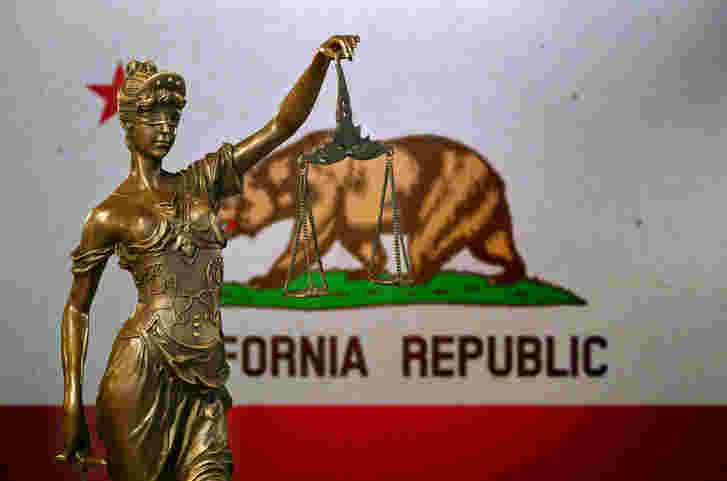What is California’s unitary method of taxation around the world, and how does it affect individuals with offshore investments, U.S. expatriates, and multistate and multinational corporations?
Central Points about California’s Unitary Method of Taxation:
- The State of California taxes its citizens on worldwide income, not just income earned here in the United States
- California continues to tax U.S. expatriates who are still legally a “resident” of California (even though they reside outside of the United States), as well as non-residents who receive “California-sourced income.”
- A taxpayer must prove non-residency, not just move away from California. California is known as a “Sticky State,” which means a person remains a California resident until they provide specific evidence (such as a driver’s license, property ownership, bank accounts, or voter registration) to prove otherwise.
The “unitary method” of taxation was developed to replace the “source method” strategy of taxation, which would tax income based upon the geographic location where income was actually realized. California recognized that the source method of taxation overlooked the impact on taxpayers who relocated from the state, as well as the effect on multistate or multinational corporations’ operational activities on the company’s actual earnings in California. California is always concerned that large corporations operating across borders have the internal capacity to manipulate the geographical location of realized income in an attempt to shift income from higher tax authorities (such as California) to a state or nation with a lower (or zero) tax rate.
California’s unitary method of taxation around the world for non-resident taxpayers combines the total income of an individual taxpayer, those married filing jointly, or a multistate or multi-national corporation, as well as groups of companies who operate as a “unit,” then applies a formula designed to determine the total amount of income the taxpayer realized within California. When California determines that a group of companies is a “unit,” they are considered to be a single entity under California’s tax law.
California, Connecticut, Massachusetts, New York, and New Jersey are often referred to as “sticky states.” Sticky states are known to pursue taxpayers aggressively, and those who move out-of-state, unless and until the taxpayer(s) prove an actual change in domicile. This often involves proof of domicile ownership, including out-of-state real estate taxes, change of driver’s license and voting records, bank accounts, and other ties to the “sticky state,” even after the taxpayer has obviously permanently moved away.
Other complications that arise from California’s unitary method of taxation around the world are too numerous to address directly in a pithy blog post. The legal questions surrounding the grounds required to designate a group of companies as a “unit” would fill volumes and continue to expand to this day. Generally speaking, there are three broad tests to determine a corporate “unit”:
- Three Unities
- Contributions and Dependency
- Functional Integration
The “Three Unities” test evaluates the “unity of ownership,” the “unity of operation,” and the “unity of use.” Complex formulas are applied to determine how a group fits the “unity of ownership” based upon the voting power of common interests. Unity of operation is generally characterized by shared business functionality such as the managerial structure, purchasing, supply chain management, accounting, marketing, and advertising. A centralized executive force and operational systems characterize unity of use.
This is why it is so vital to work with an experienced tax attorney as a resident of these states, and especially if you intend to relocate out-of-state or to become a U.S. expatriate permanently.
Allen Barron Inc., and Janathan L. Allen, APC, are uniquely positioned to advise former California (and other sticky state residents), U.S. expatriates, national and international corporations who face California’s unitary method of taxation across state and national borders, and to provide integrated legal, tax, accounting, and business strategies designed to increase profitability and reduce tax exposure. Our integrated disciplines offer a much broader perspective on all issues of business formation, executive and operational management, domestic and international tax planning, supply chain management, transfer pricing, and accounting.
If you are a current California resident, U.S. expatriate, or a multistate or multinational corporation conducting business in California we invite you to contact us or call 866-631-3470 for a free consultation and to learn more about Allen Barron’s integrated services and how you can leverage economy of scale while providing a deeper insight and more accurate advice regarding the impact of decisions across your corporation or the constellation of corporations you own.

